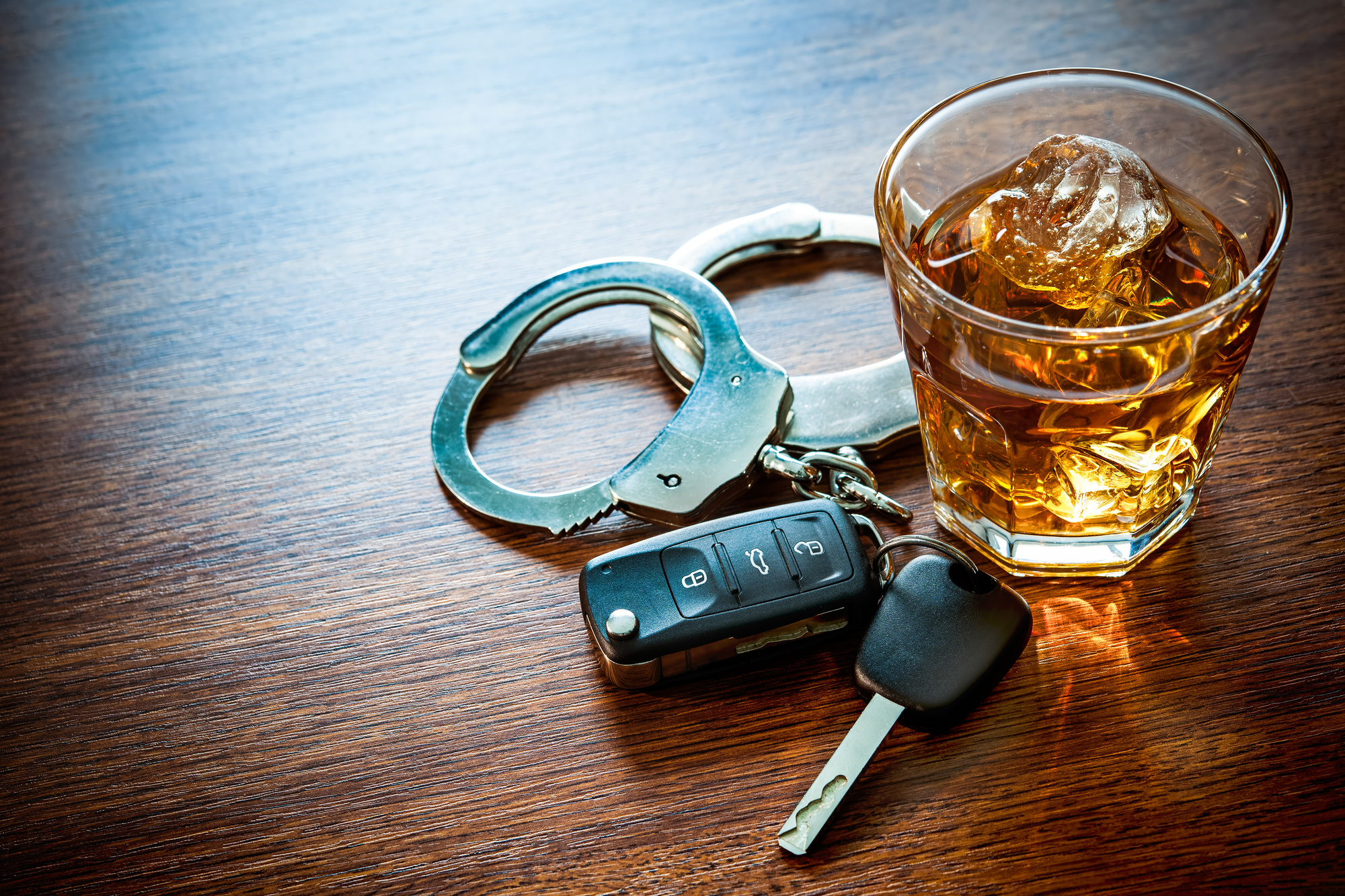
The DUI Court Process Explained: This is What You Should Understand
Did you know that in 2016 more than 1 million drivers were arrested for driving under the influence? If you were recently involved in a DUI charge and want to learn how the DUI court process works, you are in the right place.
We are going to explain the ins and outs of the DUI process.
First Court Appearance
The first court appearance is the arraignment. Some states require for the arraignment to be held within 36 hours of being arrested if the defendant is in jail. If the defendant is released then some states require the arraignment to happen within 96 hours of the arrest.
The arraignment is where the judge will read the charges and the minimum penalties and the maximum penalties to the defendant. The judge will also inform the defendant of their constitutional rights at this time.
Everyone has the right to an attorney during a criminal case. If you can’t afford an attorney then the court will appoint an attorney at no cost to you which will be appointed before the arraignment or shortly after. If you prefer to hire your own DUI lawyers make sure to contact them before your first court appearance.
Bail Conditions
The judge will let you know what your bail and release conditions are during the first court appearance. If the defendant is still in jail at the time of the arraignment, the judge may reconsider release at this time.
If the defendant posts bail or is released without posting bail they have to agree to the release conditions they are presented with. Typically in a DUI case, these agreements include: to not possess or consume alcohol, appear in court for all proceedings, and not leave the state while proceedings are pending.
When a judge is deciding to grant release or not they take the defendant’s criminal history into consideration and they take the community safety into account.
Discovery
After the arraignment, the prosecutor will give the defendant’s attorney what is called “discovery.” This is any police reports that show the results from the blood alcohol content, arrest videos, and any information the prosecutor has against the defendant.
This helps your attorney understand what the prosecution has and will try to use against you during the process.
Plea Deal
There are some jurisdictions that will require the defendant to enter a plea at the arraignment. This is where the defendant chooses either guilty, not guilty, or no contest. In other jurisdictions, the defendant will enter a plea at their plea hearing.
If you have a plea hearing in your jurisdiction this is the next court appearance after the arraignment. At this time the prosecutor will give a plea offer to the defendant and there are negotiations between the prosecutor and your attorney.
Keep in mind that there are some states that do not allow any negotiations to happen at a DUI case. Other states have mandatory minimum sentences where you have zero negotiation ability. Depending on the state you are in you will have to ask your lawyer what your options are.
Preliminary Hearing
This hearing is after the arraignment, but it is not in every state because some states consider a DUI a misdemeanor. If you do have a preliminary hearing this is where the judge will decide if the state has enough evidence to establish a “probable cause” that the defendant did commit the crime.
The judge is not deciding whether the defendant is guilty or not they are assessing whether the prosecution has enough evidence against the defendant to move forward with a trial or not.
Pretrial Hearing
If the defendant chooses to plead not guilty then a trial is scheduled. Before the trial begins there might be pretrial motions where the defense attorney files motions to suppress physical evidence or incriminating statements.
These motions are heard during a pretrial hearing by the judge where they decide whether or not to file the motions.
Trial
Most DUI cases do not reach a trial because they are resolved through plea bargaining but if your case reaches a trial this can vary depending on the jurisdiction. A DUI trial usually will start with selecting between six to twelve jurors to form a pool of potential jurors.
Once the jury is selected then the prosecutor and the defense each give their opening statements. After the opening statements, each side will present their case where they include any evidence, and witness testimonies to the jury who will decide the final verdict.
Once both parties present their cases each side will give their closing statements and the jury is then dismissed for deliberations. During deliberations, the jurors discuss everything that was presented to them during the trial in private. Once they agree on a verdict of either guilty or not guilty they present it to the judge.
At this time the judge will set a sentencing hearing that might be held the same day if there is enough time. The DUI sentence if found guilty can include jail time, fines, suspended license, community service, probation, substance abuse treatment, etc. The severity of the penalties will depend on how many prior DUI convictions the defendant has had in the past.
Now You Are Aware of the DUI Court Process
As you can see there is probably more to the DUI court process than you might have realized. The best thing to do is to seek advice from a professional in order to have the best outcome. Hopefully, the information above will help you prepare for what to expect.
Did you learn something new today? Please browse the rest of our site for some more helpful reads.
